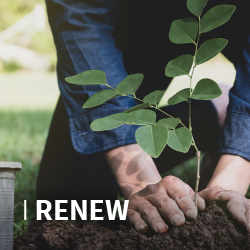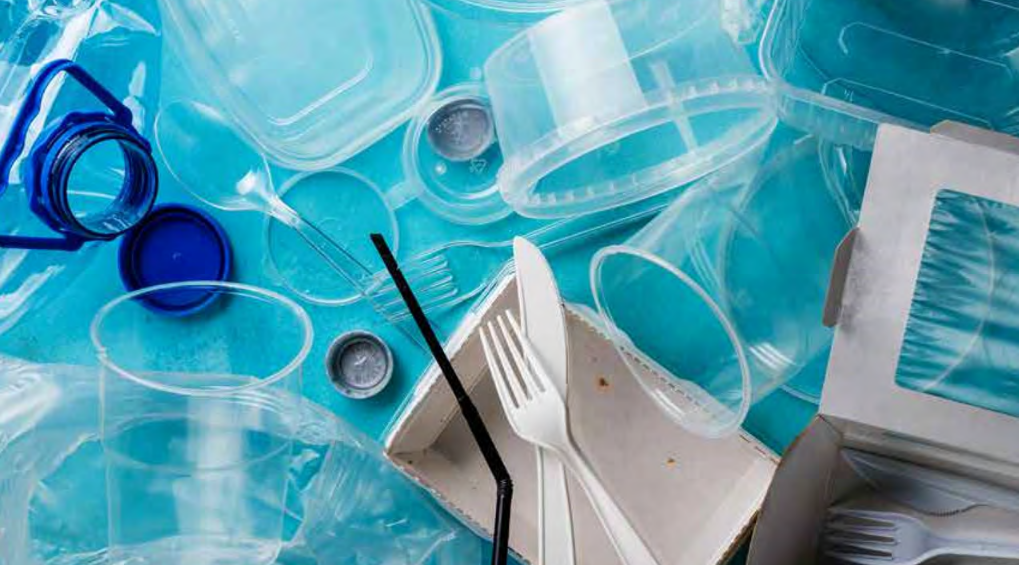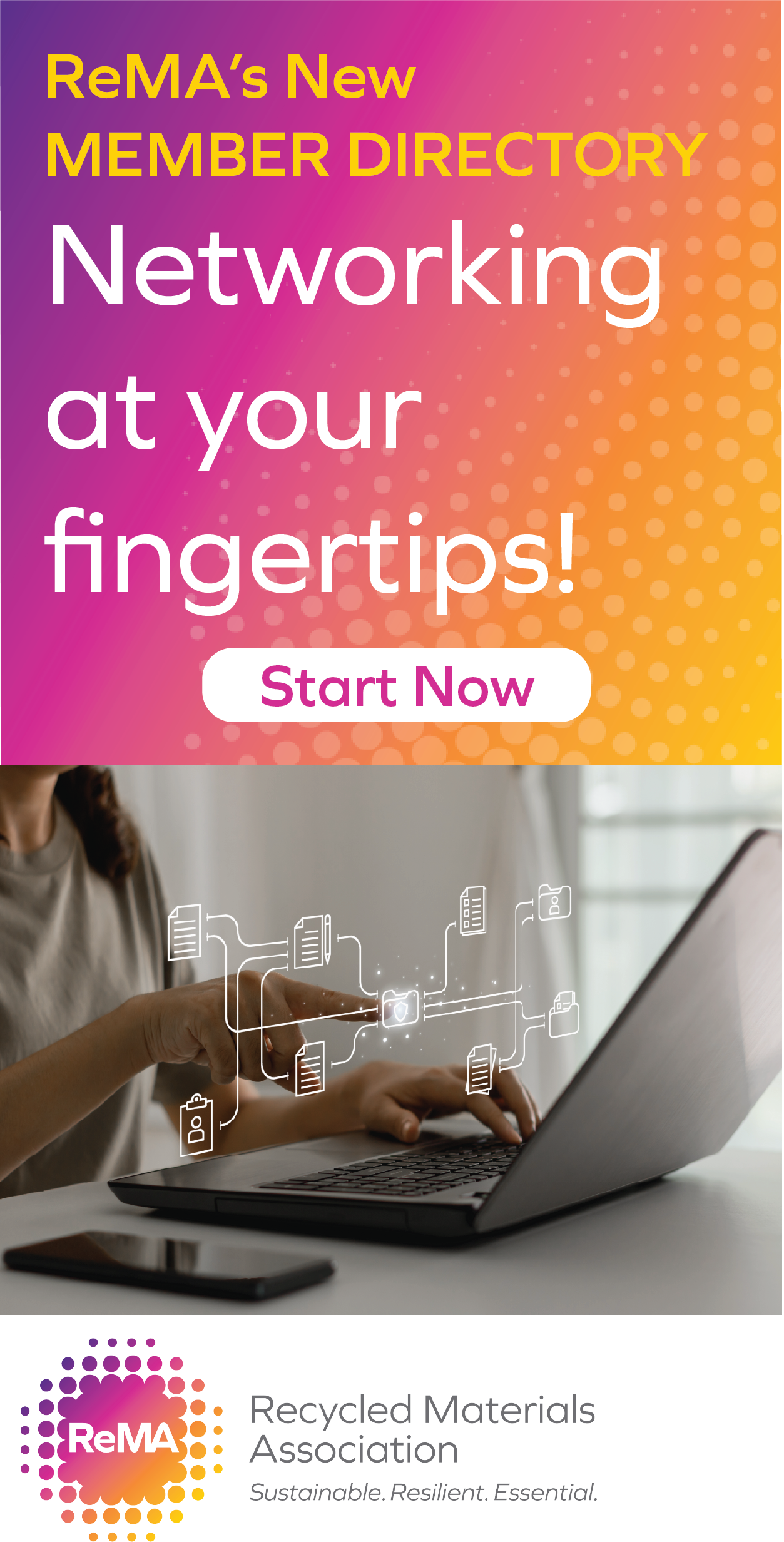Kalamazoo-based Bell’s Brewery is forming a new recycling cooperative to divert about 26,000 pounds of plastics per year from Michigan landfills, the company announced on Feb. 10. Bell’s Brewery and the Kalamazoo Nature Center, which are leading the collaboration, applied for and received a $12,000 Recycling Market Development Grant from the Michigan Department of Environment, Great Lakes and Energy.
This idea is based on a similar program developed by Denver-based Great Divide Brewing Co. The company was investigating ways to recycle polypropylene grain bags and shrink wrap—items that many recycling centers don’t take unless they are baled.
Bell’s Brewery used the grant money to purchase two balers. One baler will be used to consolidate cardboard from participating partners. Baled cardboard is eligible for a small rebate and the revenue from this material stream will be used to sustain the program. The other baler will bundle woven polypropylene bags that are used for brewing grains like barley and other ingredients that come in large quantities. “These bags, which also include super sacks, are recyclable. The problem was that up until now, none of us had access to a viable recycling outlet for it,” says Kate Martini, Bell’s sustainability specialist.
“In order to make this material viable for a recycler, we needed to have truckloads of the stuff, which most breweries do not generate on their own, even here at Bell’s. We also needed equipment to bale all of it for transport,” Martini adds.
Six local companies will collect and contribute material to the initiative: One Well Brewing, Latitude 42 Brewing Co., Kalamazoo Valley Community College’s sustainable brewing program, Handmap Brewing (Battle Creek), Final Gravity, Territorial Brewing Co., and Kalsec, a natural hops, spice, and herb extract provider.
PADNOS, a recycling and scrap management company in Grand Rapids, and its Kalamazoo partner AJ’s Recycling Services, will process the finished bales of material. Bell’s Brewery and the other collaborators approached PADNOS about participating because they “had super-sacks, film, and corrugated, which are all lightweight materials, with no efficient way to have them recycled,” says Kari Bliss, customer experience & sustainability leader at PADNOS. “We collaborated on the optimal way to recycle the materials and Bell’s wrote a grant to EGLE to pay for the equipment. We committed to purchase the baled materials.”
For PADNOS, collaborating with the local breweries and businesses was “a no-brainer.” “Being an over 100-year-old, four-generation, privately held, local business allows us to make choices that not only carry financial benefits but also align with our values,” says Bliss. From an economic perspective, baled materials are more valuable and more easily transportable than their loose counterparts. Transporting baled materials also carries a positive environmental impact. “It reduces the carbon footprint with less trips,” says Bliss. “We’re helping our customers do things that are simple, don’t take a lot of effort, maximize weight, reduce freight, [and] maximize value. Everyone wins.”
Image Credit: Bell’s Brewery













